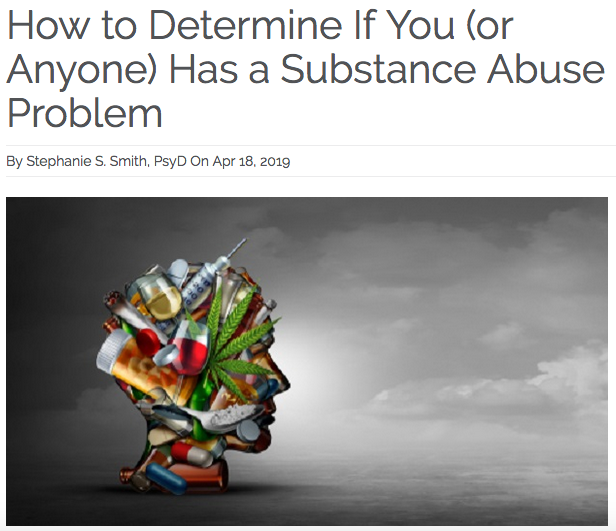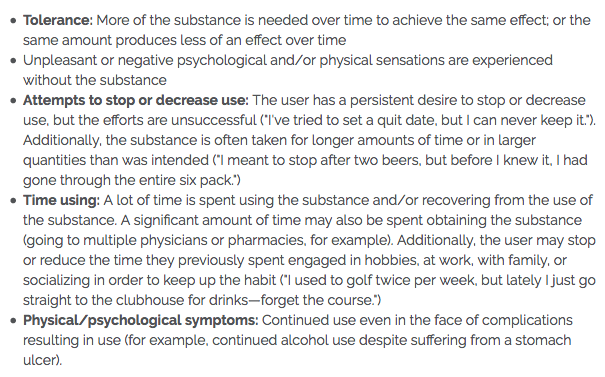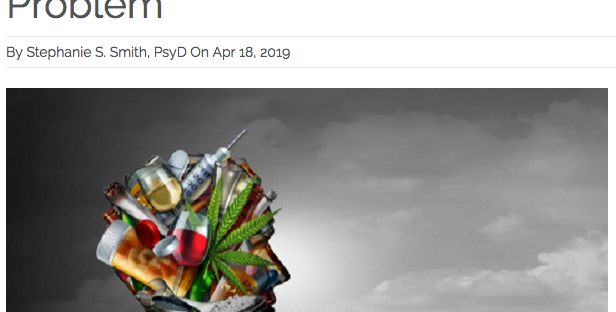
Alcohol is everywhere. People compare drinking stories, advertisements for liquor are all over TV, and bars abound in almost every town (there is even one next door to my office!). With the prevalence of alcohol and alcohol-related activities in our society, it can be hard to know when one’s alcohol use has gone from fun and recreational to dangerous and addictive. Here are some warning signs that one’s alcohol use has crossed over into unhealthy territory:
“Whoa. I didn’t mean to have that much.” People with alcohol problems may find themselves drinking more than they intended on a regular basis. What starts out as a trip to the bar with the plan to have “just one,” turns into a whole night’s worth of drinking. This might happen with greater and greater frequency.
“I’m going to quit tomorrow. Just like I did last week.” People with an addiction or dependence on alcohol may make deals with themselves, (“I’m going to quite tomorrow”) that they then find hard to keep. A desire to stop drinking paired with several unsuccessful attempts to do so is a sign of problemed use.
“I just need to grab something across town.” People who have problems with alcohol will often spend quite a bit of time obtaining it. For example, they might have a circuit of liquor stores in which they buy the booze. They may also be adept at telling stories about why they were late to the birthday party (the traffic was terrible, there was an accident, I had to run in to work) rather than admitting they stopped at the bar beforehand.
“I used to love to play tennis.” Alcoholism is a time consuming pursuit and doesn’t leave much time for other hobbies. People with drinking problems will often give up previously fun activities in order to spend time drinking.
“I know it’s causing problems, but I just can’t give it up.” People who use alcohol in unhealthy ways often recognize the detrimental effects of their drinking. It may be causing them physical, emotional, or psychological harm, but even that knowledge doesn’t help them put the bottle down.
For more information on alcoholism, check out the APA Help Center.
For more information on alcohol treatment, go to Alcoholics Anonymous.






